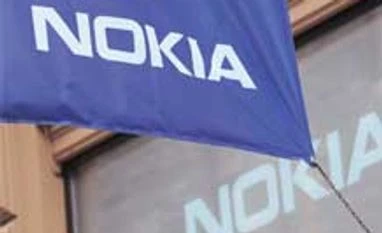These 79 companies operate private PF trusts and manage their workers' retirement funds as well as account themselves.
It also has been decided to impose penalty/surcharge on these defaulting private PF trusts, which deviated from the prescribed investment pattern, government said.
More From This Section
"As on June 30, 2014, there are 79 private PF trusts not making investments of funds as per the pattern of investment prescribed by the government have come to the notice of EPFO," Minister of State for Labour Vishnu Deo Sai said in a written reply to Rajya Sabha today.
Sai also tabled list of the 79 companies that include Nokia India, Coca Cola India, Tata Sons Ltd, BHEL and ITDC.
"It has been decided to levy surcharge/penalty on board of trustees of private PF trusts, which deviate from the pattern of investment prescribed by the government. Guidelines have been issued by the EPFO to the field offices to levy surcharge/penalty against these trusts," the minister said.
There are 3,621 trusts which are regulated by Employees' Provident Fund Organisation (EPFO).
In another reply to the House, the minister said, "There is no unclaimed amount lying with the EPFO. However, as per EPF scheme certain accounts are classified as inoperative accounts in which contributions have not been received for 36 months continuously. All such inoperative accounts have, however, have definite claimants."
As on March 31, 2014, an amount of Rs 26,496.61 crore was laying in inoperative accounts of the EPFO.
In a separate reply, the minister confirmed that EPFO has planned to exit from the Special Depository Scheme (SDS) of government and instead invest in marketable government securities.
According to minister's statement, the government has disallowed any new investment in SDS from June 30, 2003 and empowered central government to make repayment of the outstanding balance under the scheme through issue of dated securities in consultation with the subscribes of the scheme.
The investment in SDS are in perpetuity which is a disadvantage from a cash flow management perspective and the yields have been lower than government securities at the time of making the application for dated securities in lieu of SDS.
)